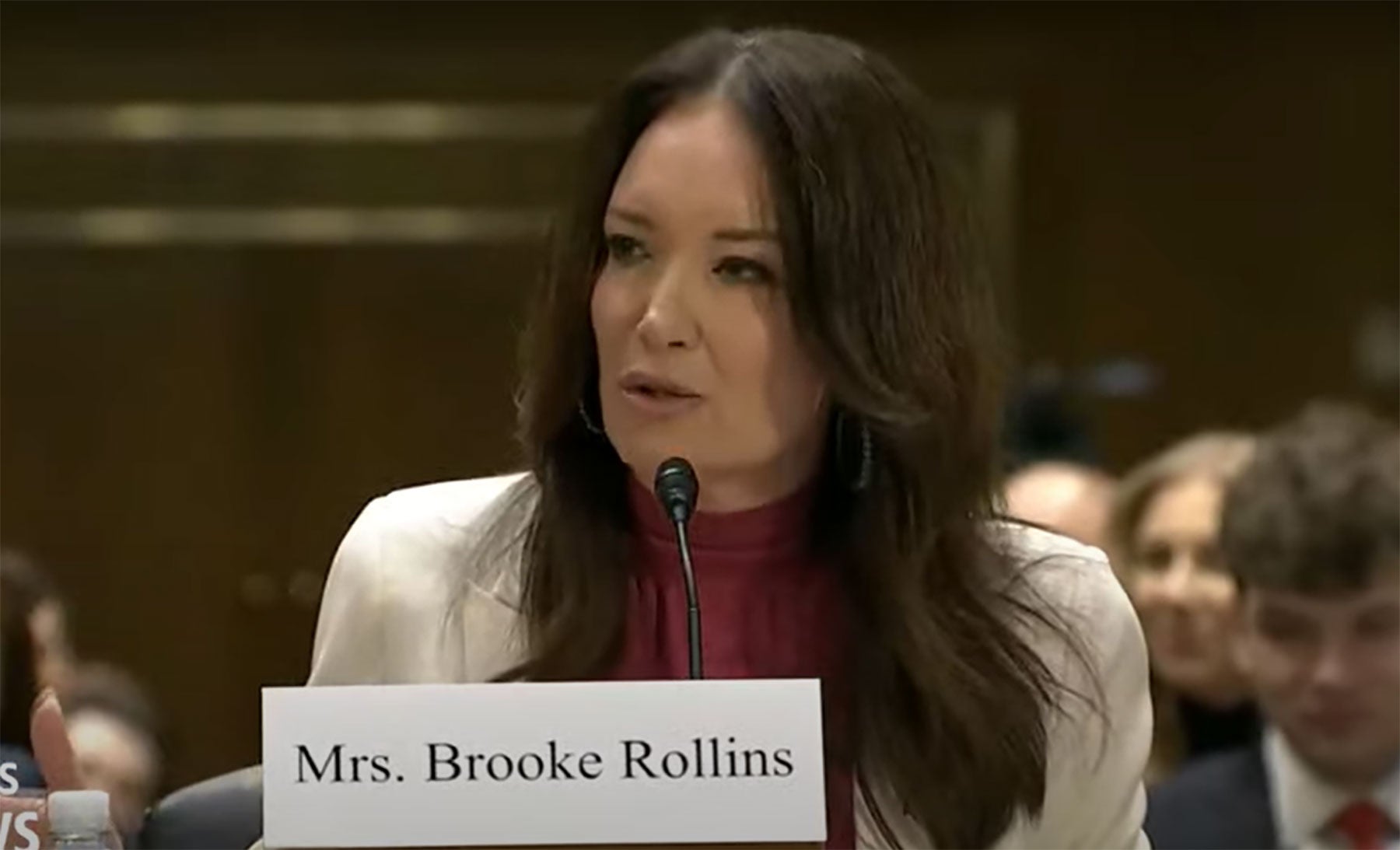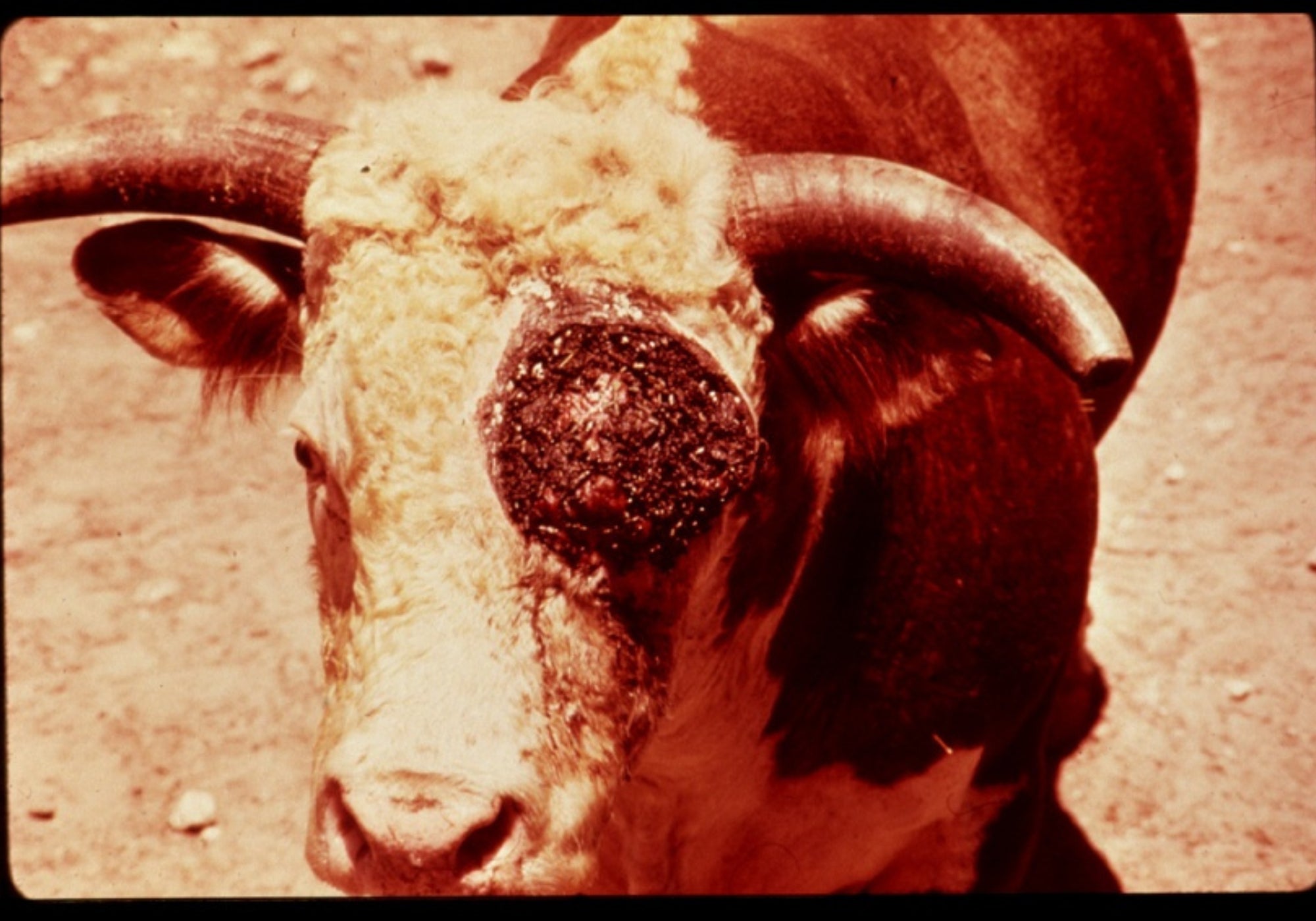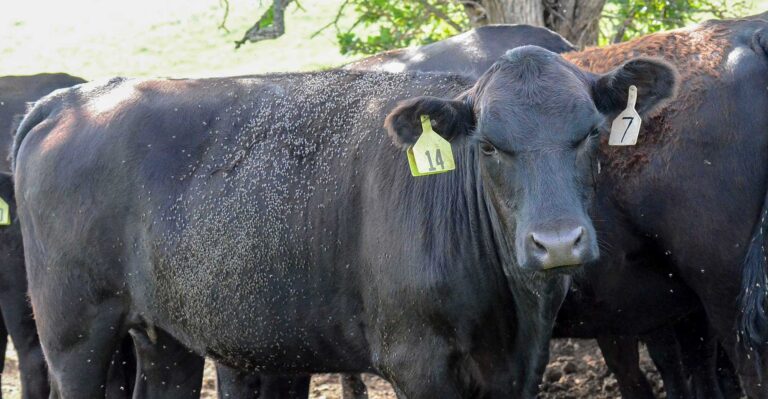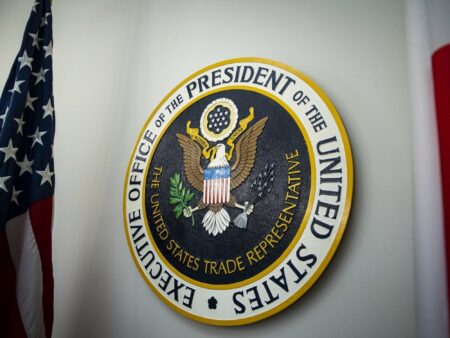The U.S. Department of Agriculture has suspended the import of live cattle, horses, and bison through southern border ports of entry following continued spread of New World Screwworm in Mexico. The announcement, made Sunday by U.S. Secretary of Agriculture Brooke L. Rollins, takes effect immediately.
NWS, a parasitic fly that infests and severely injures living animals, has been detected as far north as Oaxaca and Veracruz — regions approximately 700 miles from the U.S. border. These detections have occurred even in remote areas with minimal cattle movement, raising alarms about the pest’s aggressive advance despite joint eradication efforts by U.S. and Mexican authorities.
“This is not about politics or punishment of Mexico,” Rollins said. “Rather, is about food and animal safety.”
She emphasized that while the U.S. continues to work closely with Mexican counterparts, including Ag Secretary Víctor Manuel Villalobos Arámbula and his successor Secretary Julio Berdegué Sacristán, the risk to American livestock and the national food supply demands decisive action. “The protection of our animals and the safety of our food system is a national security issue of the utmost importance,” Rollins added.
Effective immediately, USDA’s Animal and Plant Health Inspection Service, in coordination with U.S. Customs and Border Protection, will halt the import of live animals originating from or transiting Mexico. Any livestock already in holding will continue to be processed under strict inspection and treatment protocols by APHIS veterinary officers.
The suspension will be reviewed monthly and remain in place until sufficient containment progress is made. A two-week data review is planned to evaluate current eradication efforts and refine strategies. The U.S. is also deploying USDA Tick Riders to monitor livestock and wildlife in the border region for signs of NWS infection.

Rollins stressed that a three-pronged approach — enhanced field surveillance, controlled animal movement, and sustained sterile fly releases — is essential for effective eradication. APHIS is already releasing sterile flies in strategic areas across Southern Mexico and Central America in an effort to slow the pest’s progression.
New World Screwworm was previously eradicated from the U.S. and Mexico after decades of work and billions in spending. However, its recent reemergence poses a serious threat to animals, food production, and biosecurity.
The first confirmed NWS case in this outbreak was reported in November 2024, prompting the initial shutdown of live animal trade. Imports resumed in February 2025 under stringent safety protocols, but the continued spread has forced the USDA to act once again.
More details and a list of affected regions are available on the USDA APHIS Animal Health Status of Regions website.
“Texas and Southwestern Cattle Raisers Association takes the threat of New World screwworm seriously. We commend Secretary Rollins and USDA for making a difficult but necessary decision to close the southern border,” the association said in a statement. “While this action presents short-term challenges for cattle raisers, it is a critical step to secure the long-term health of the U.S. cattle herd.”
The National Cattlemen’s Beef Association also voiced support, emphasizing the urgency of the situation. “For months, NCBA and affiliated state cattle industry associations have been working with USDA officials urging their counterparts in Central America to take stronger action to stop the spread of New World screwworm,” said NCBA CEO Colin Woodall.
He added that the U.S. livestock industry spent years and millions of dollars in the 1960s to eradicate screwworm, and warned that a recurrence would be devastating. NCBA criticized the lack of timely response in Mexico, which has allowed the parasite to move past phytosanitary barriers.


“USDA’s border closure was entirely avoidable,” said Woodall. “The Mexican government’s failure to knock down senseless obstacles has left America with no alternative but a closure of the U.S. border until the outbreak is verifiably stopped.”
While recognizing the economic disruptions the suspension may cause, Woodall noted, “The costs will be far less than if New World screwworm crosses into the United States and we’re forced to fight the pest on U.S. soil.”
»Related: Screwworm eradication lessons from a longtime veterinarian


:max_bytes(150000):strip_icc()/Eric-Francis-GettyImages-74115405-bd2fe6474b424478b2b661df08a07ed5.jpg)
:max_bytes(150000):strip_icc()/Tar-Spot-Jared-Goplen-Wyffels-IMG_7763-5cb41072e7d34537b0992f26a3b2a00b.jpg)






:max_bytes(150000):strip_icc()/Farm20for20Sale20sign-1-c00d69e739e045a384a3253e029967e3.jpg)
